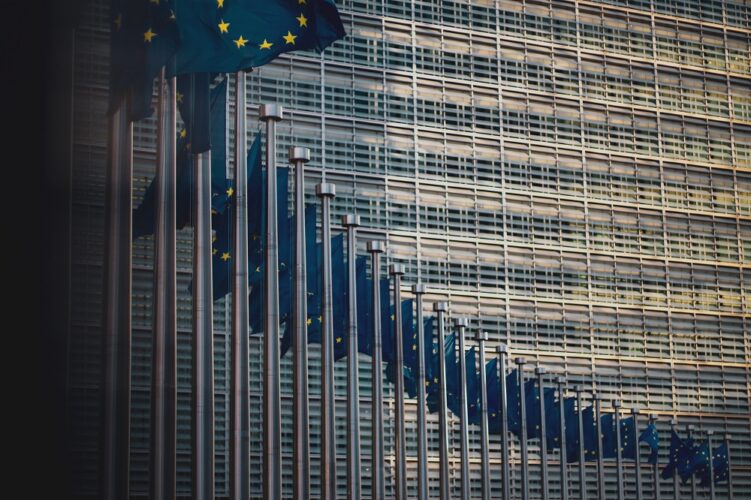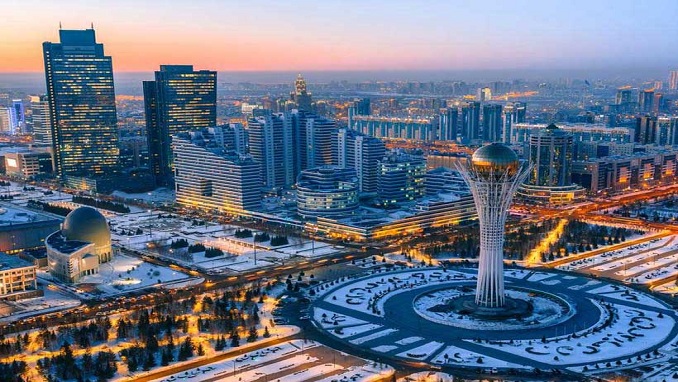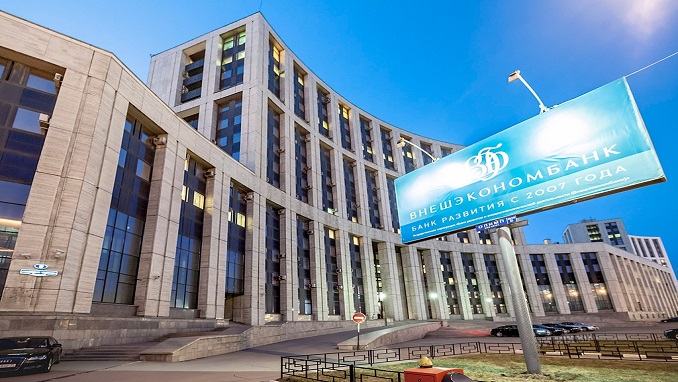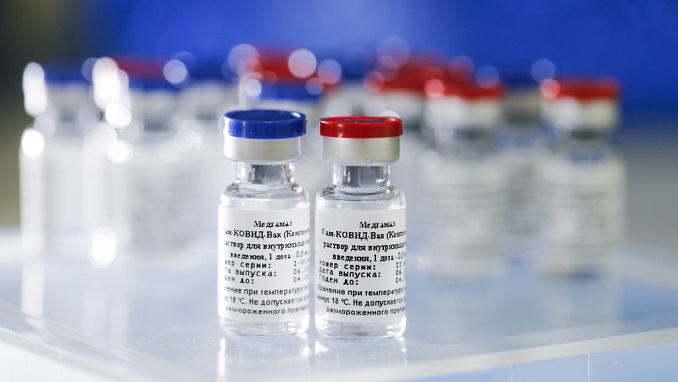An agreement between the European Commission and the government of Kazakhstan was made in order to create sources of green hydrogen and raw materials for producing equipment like wind turbines and batteries for electric automobiles.
The commission stated that the agreement of cooperation, which was signed alongside the COP27 climate change summit in Egypt, will “promote the green and digital development of both sides’ businesses.”
“A secure and sustainable supply of raw materials, refined materials, and renewable hydrogen is a key layer to help build a new, cleaner foundation for our economies, especially as we move away from our dependency on fossil fuels,” European Commission President Ursula von der Leyen said. “Together, we will work to better integrate our strategic value chains related to raw materials, to batteries, and to renewable hydrogen,” she added.
According to von Der Leyen, achieving green and digital economy goals calls on a sufficient supply of particular raw resources, particularly minerals, of which Kazakhstan is particularly rich, Eurasianet reports.
The first of the three main areas covered by the agreement is a tighter integration of business and industry throughout the strategic value chains of raw materials, batteries, and renewable hydrogen. In order to do so, it is necessary to develop cooperative initiatives, harmonize environmental, social, and governance (ESG) standards, and update mining and refining techniques to incorporate sustainable procedures.
Collaboration in the areas of skill development, capacity building, and research and innovation is another area. This entails the decarbonization of the value chain for essential raw materials and the use of digitization, renewable energy, and “green and sustainable mining operations.
Increasing the robustness of the supply chains for raw materials, batteries, and green hydrogen is another top issue. Given the delays to the supply chains between Kazakhstan and Europe brought on by Russia’s war in Ukraine, that may prove to be the most challenging task.
Earlier, Bloomberg reported that by the end of the decade, Kazakhstan intends to begin manufacturing green hydrogen as part of a $50 billion initiative that will assist Europe in reducing its dependency on fossil fuels.
The business that built Europe’s biggest wind farm, Svevind Energy Group, announced on Thursday that it has secured a contract with Kazakhstan’s government to develop a 20-gigawatt green hydrogen facility that is anticipated to be among the biggest in the world. Up to 2 million tons of green hydrogen per year, or roughly one-fifth of the EU objective for imported green hydrogen in 2030, will be produced by electrolyzers starting in 2032.



